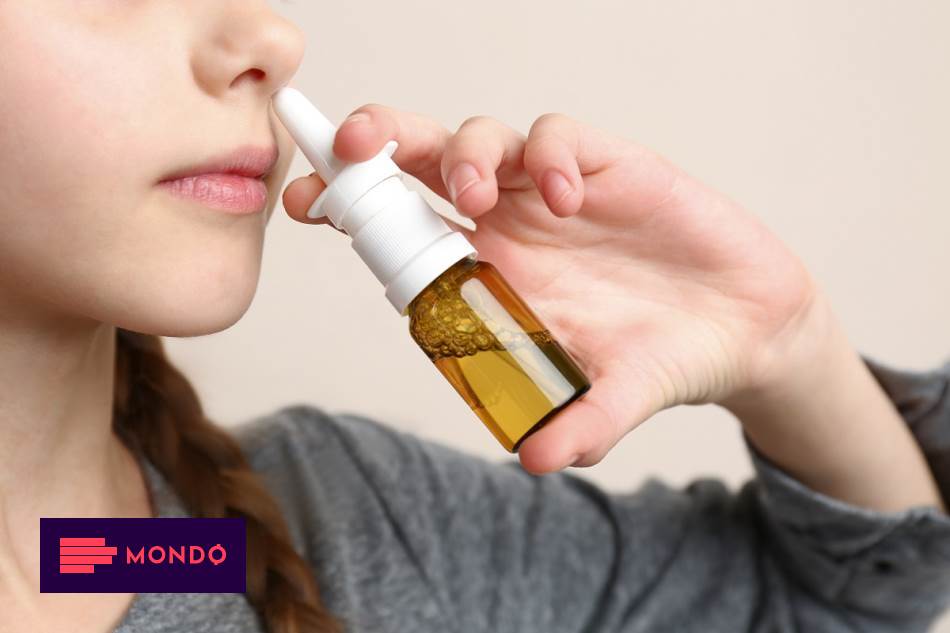The pharmacist reveals which sprays we should use for pollen allergy!
Izvor: Shutterstock/fukume
There are classic saline solutions, seawater, then isotonic, which are less salty and hypertonic, which are really salty.
“They must be used every time we are exposed to a large amount of allergens. So, if we are allergic to pollen and go outside to a meadow, we should immediately rinse the nasal mucosa well as soon as we return inside, but rinsing the nasal mucosa does not mean that we should inject that spray in the nose once, rather than spraying it several times, in order to wash that mucous membrane nicely and shake it out well,” she explained.
She added that just as we have antihistamines in tablets, we also have antihistamines in the form of sprays, local, and they are an excellent choice when the symptoms in the nose are pronounced, they begin to work very quickly within ten minutes, practically without side effects. According to the pharmacist, we should use them twice a day.
She said that there is a third group of nasal sprays, that is, what we as children thought were nasal drops that are used to unclog the nose and should only be used for a few days, but not for problems caused by pollen allergy because those symptoms last for weeks. In case of severe allergic reactions, corticosteroid nasal sprays should be used, but only on the recommendation of a doctor.
“For the problem of lower respiratory tract allergies, corticosteroid pumps can be used to reduce the inflammatory reaction, but there are also bronchodilator pumps, i.e. agents that only widen the airways. Both must be prescribed by a doctor,” she pointed out.
Using pumps
“We do not issue corticosteroid pumps, nor these bronchodilator pumps without a prescription, however, if a person is choking in front of us, and we know that he has an allergy, of course we will help him on the spot. If a person with allergic rhinitis complains of symptoms of cough or difficulty breathing, that is the reason to visit a doctor, to determine if that person suffers from asthma, because 40 percent of people with allergic rhinitis also have asthma, some of them don’t even know it that he also has asthma. In some cases, this allergic rhinitis can also be accompanied by narrowing of the airways, so that the patient does not have asthma and then the doctor will decide to give the pump to expand the airways, but if he determines that asthma is present, then almost in 100% of cases use corticosteroids with bronchodilators,” says Skorupan.
